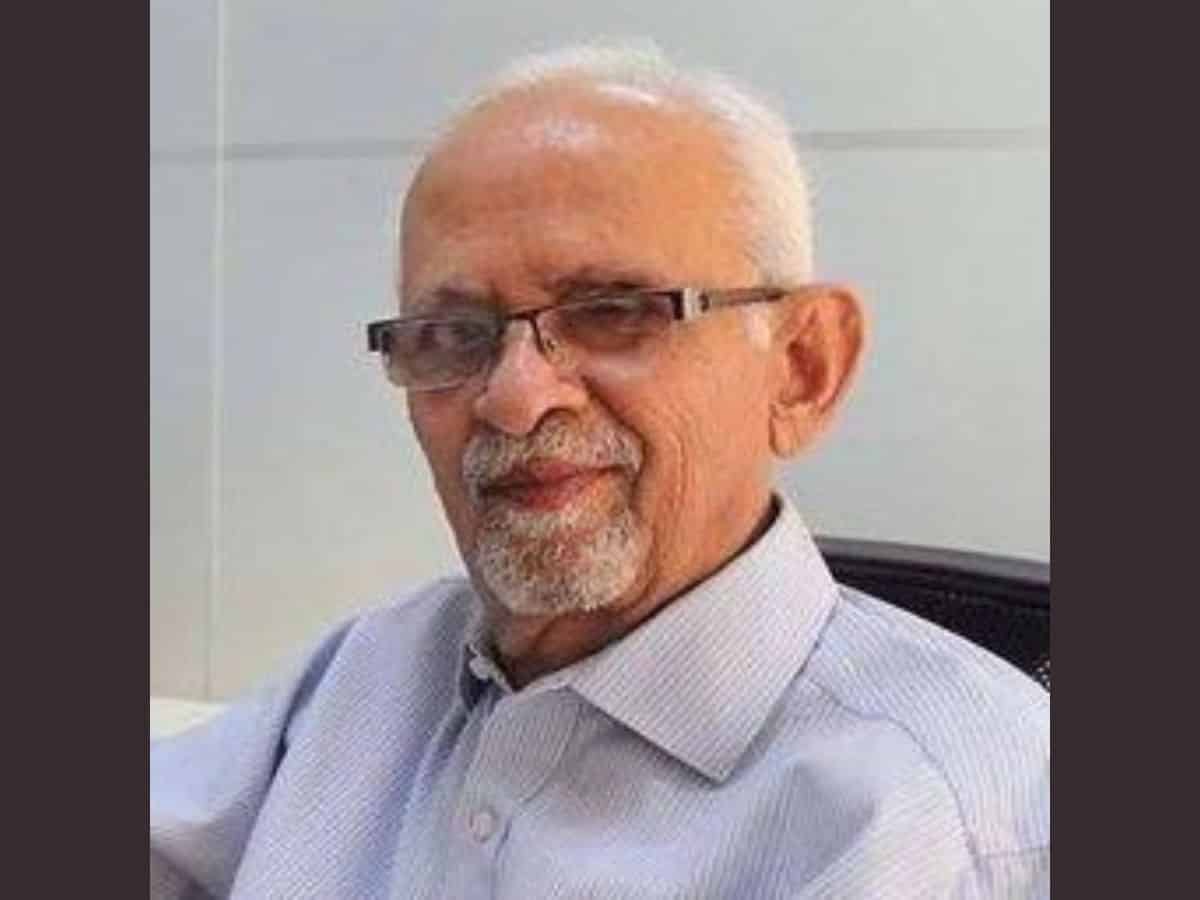
Hyderabad: Renowned author Zafar Agha has expressed his concerns regarding the issue of Muslim backwardness and the proposed Uniform Civil Code in a recent opinion piece. While presenting his views, Agha highlighted Prime Minister Narendra Modi’s recent speech in Bhopal, where he emphasized the need to address the prevalent backwardness in Muslim society.
Agha acknowledged that Prime Minister Modi has shown particular concern for two aspects within the Muslim community: the status of women and the situation of the pasmanda (backward class) Muslims. However, Agha also pointed out that Prime Minister Modi has not adequately addressed the issues of untouchability and casteism still prevalent in Hindu society, nor has he openly addressed the day-to-day atrocities against Dalit women.
He said, regarding the social evils present in Muslim society, Prime Minister Modi has proposed the implementation of a Uniform Civil Code, aimed at ending so called injustices faced by women. This has generated a significant debate within legal and political circles regarding the origins and implications of such a code. Just recently, the Uttarakhand government released a draft of the new civil code, suggesting several key points that include equal rights for women and men in divorce, the abolition of practices such as halala and iddah, and mandatory equal rights to inheritance and registration for marriage.
While the concept of equal rights for men and women is generally supported in the 21st century, questions arise regarding the intentions behind the Uniform Civil Code. Agha highlights the long-standing agenda of the Rashtriya Swayamsevak Sangh (RSS), which holds the view that no religious group other than Hindus should have special powers in a Hindu rashtra (nation).
Agha believes that the passage of the Common Civil Code is imminent in Parliament, and according to Prime Minister Modi, it will result in equal status for Indian Muslim women. However, Agha raises concerns about the potential impact of this legislation on the Muslim backward class. He argues that this class comprises individuals who belonged to the Hindu backward and Dalit populations before converting to Islam in the hope of attaining social equality. Agha contends that division within Muslim society is exploited by the Bharatiya Janata Party (BJP), which seeks to take advantage of the Muslim community’s vulnerability. By making noise about the Muslim backward group, the BJP aims to garner their support and potentially solve the BJP’s Muslim vote bank predicament.
As the 2024 Lok Sabha elections approach, the Uniform Civil Code and the concerns of the pasmanda Muslim society are expected to become significant talking points. Agha speculates that Narendra Modi is determined to fulfill the agenda of a Hindu Rashtra before the upcoming elections, potentially facing limited opposition in this pursuit.
Opinions expressed in this article are those of Zafar Agha and do not necessarily reflect the views of this news publication.
